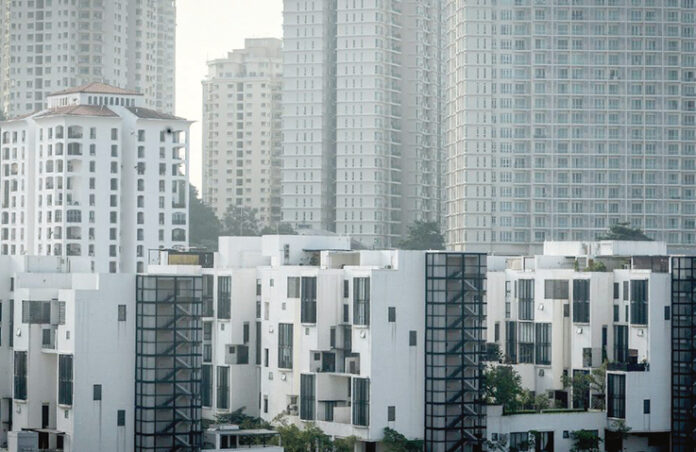KUALA LUMPUR, April 2 — A strong recovery in 2021 from 2020 has signalled a return of consumer confidence and an improved property market this year, said the Malaysian Institute of Estate Agents (MIEA).
In a statement today, MIEA president Chan Ai Cheng said that more importantly, the public must take heed of the fact that the house price index has seen a significant increase to RM320,000 from RM295,000 in 2020.
According to MIEA’s latest property market report, the volume of transactions for 2021 rose by 1.5 per cent to 300,497 units with a value of RM144.87 billion, an increase of 21.7 per cent over the same period last year, she said.
“The percentage increase may seem small but it signifies recovery.
“The last quarter of 2021 had seen a sparked increase in the volume of transactions amounting to 99,462 units, which we believe could be largely due to the Home Ownership Campaign (HOC) incentives which ended in December 2021,” she noted.
As in previous years, Chan shared that the residential sector was the strongest, contributing 66.2 per cent with 198,812 transactions with a value of RM76.9 billion, while the agriculture sector recorded 18.9 per cent and the commercial sector contributed 7.5 per cent of transactions.
The following states contributed in excess of 50 per cent of the total transactions, namely Selangor (61,507), Perak (36,893), Johor (36,145) and Kedah (25,077), she said.
The report also highlighted that a total of 43,860 new residential properties were launched in 2021, comprising 31,678 (43.3 per cent) landed properties and 13,182 (25.9 per cent) high-rises.
However, it noted that only 39.3 per cent of the units were sold, resulting in an overhang of 36,863 units, which was the highest in the last five years.
The report also said that this scenario would concern developers as this could affect their cash flow.
“We need to caution buyers not to be overly alarmed by the rise in the overhang numbers as this may not be a reflection of how the property market is doing.
“Some properties are just not cleverly developed, hence the poor demand but this has nothing to do with whether the market is doing well or not,” Chan explained.
She said MIEA views the overhang as largely due to the lack of research resulting in a poor understanding of supply versus demand as well as a mismatch in the type of property price range that buyers are seeking in specific locations, among others.
Chan suggested that the local authorities should perhaps put a pause on similar developments in the vicinity of high overhang units to allow time for the market to absorb the units or to relook into the development composition before approvals are given to proceed.
“We feel it is time for the government, through the Ministry of Housing and Local Government, to intervene by adopting stricter guidelines or standard of procedures towards building approvals at the state level to provide check and balance and not to waste resources which may run into billions,” she said.
She also urged developers who are struggling with overhang units to work with real estate agencies to help ease the sale of these units, especially small developers who normally use their own in-house sales team to market.
“Appointing estate agents to help is a logical choice as they are trained and have the relevant experience.
“Be sure to only appoint those who are registered with the Board of Valuers, Appraisers, Estate Agents and Property Managers Malaysia (BOVAEP),” Chan added.
















